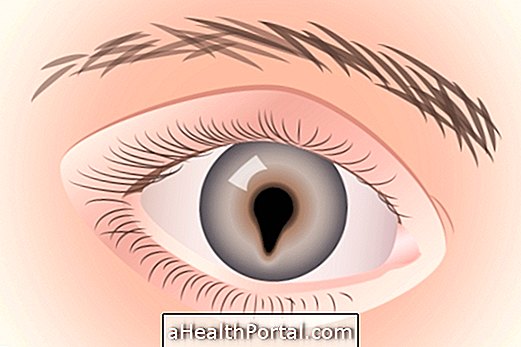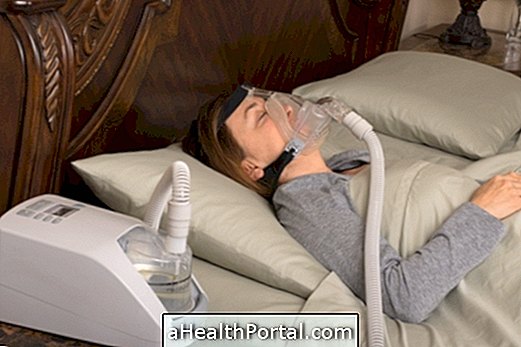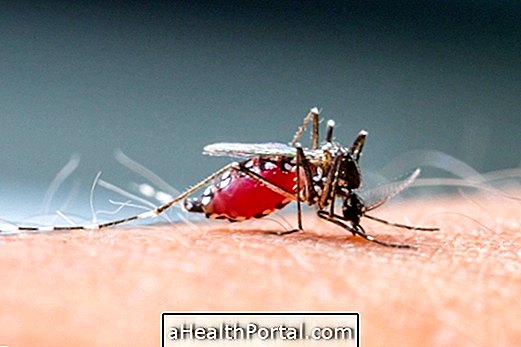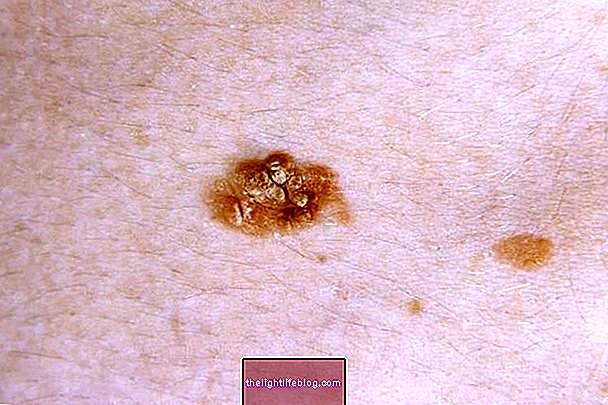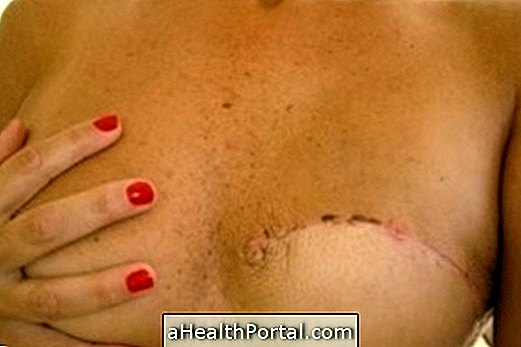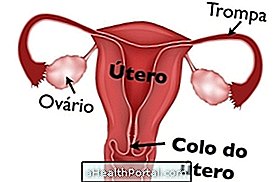Prader-Willi syndrome is a rare genetic disorder that causes problems with metabolism, behavioral changes, muscle flaccidity, and developmental delay. In addition, another very common feature is the emergence of excessive hunger after two years of age, which can end up leading to the emergence of obesity and diabetes.
Although this syndrome has no cure, there are some treatments, such as occupational therapy, physiotherapy and psychotherapy that can help decrease symptoms and provide a better quality of life.

Main features
The characteristics of Prader-Willi syndrome vary greatly from one child to another and are generally different according to age:
Babies and children up to 2 years old
- Muscle weakness : usually leads to the arms and legs looking very flaccid;
- Difficulty in suckling : it happens due to the muscular weakness that prevents the child from pulling the milk;
- Apathy : the baby seems constantly tired and with little response to the stimuli;
- Undeveloped genitals : small or non-existent.
Kids and adults
- Excessive hunger : the child is constantly eating and in large quantity, besides walking frequently looking for food in the cupboards or in the bin;
- Delay in growth and development : it is common for the child to be lower than normal and have less muscle mass;
- Difficulty learning : take more time to learn to read, write or even solve day-to-day problems;
- Speech problems : delayed articulation of words, even in adulthood;
- Malformations in the body : such as small hands, scoliosis, changes in hip shape or lack of color in hair and skin.
In addition, it is still very common to develop behavioral problems such as frequent anger, repetitive routines or aggressive behavior when something is denied, especially in the case of food.
What causes the syndrome
Prader-Willi syndrome occurs when there is a change in the genes of a segment on chromosome 15, which compromises the functions of the hypothalamus and triggers the symptoms of the disease since the birth of the child. Normally, the chromosome change is inherited from the parent, but there are also cases where it happens randomly.
Diagnosis is usually made through observation of symptoms and genetic testing, indicated for newborns with low muscle tone.
How is the treatment done?
Treatment for Prader-Willi syndrome varies according to the child's symptoms and characteristics, so a team of several medical specialties may be required, since different treatment techniques may be required, such as:
- Use of growth hormone : it is usually used in children to stimulate growth, and may prevent short stature and improve muscle strength;
- Nutrition Consultation : Helps control hunger impulses and allows for better muscle development by providing the necessary nutrients;
- Sexual hormone therapy : used when there is a delay in the development of the child's sexual organs;
- Psychotherapy : helps to control the child's behavioral changes, as well as prevent the onset of hunger impulses.
Many other forms of therapy can also be used, which are generally recommended by the pediatrician after observing the characteristics and behaviors of each child.
